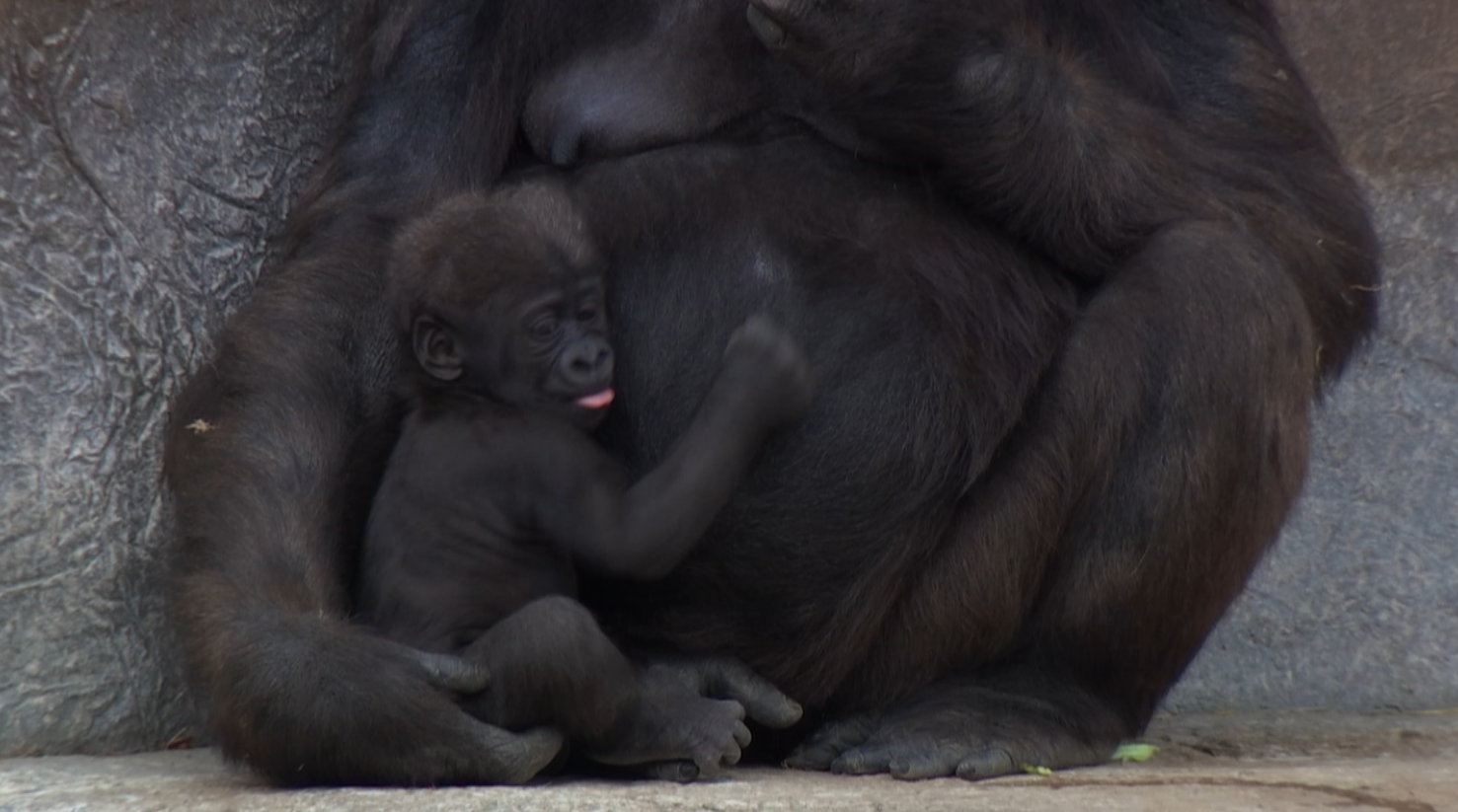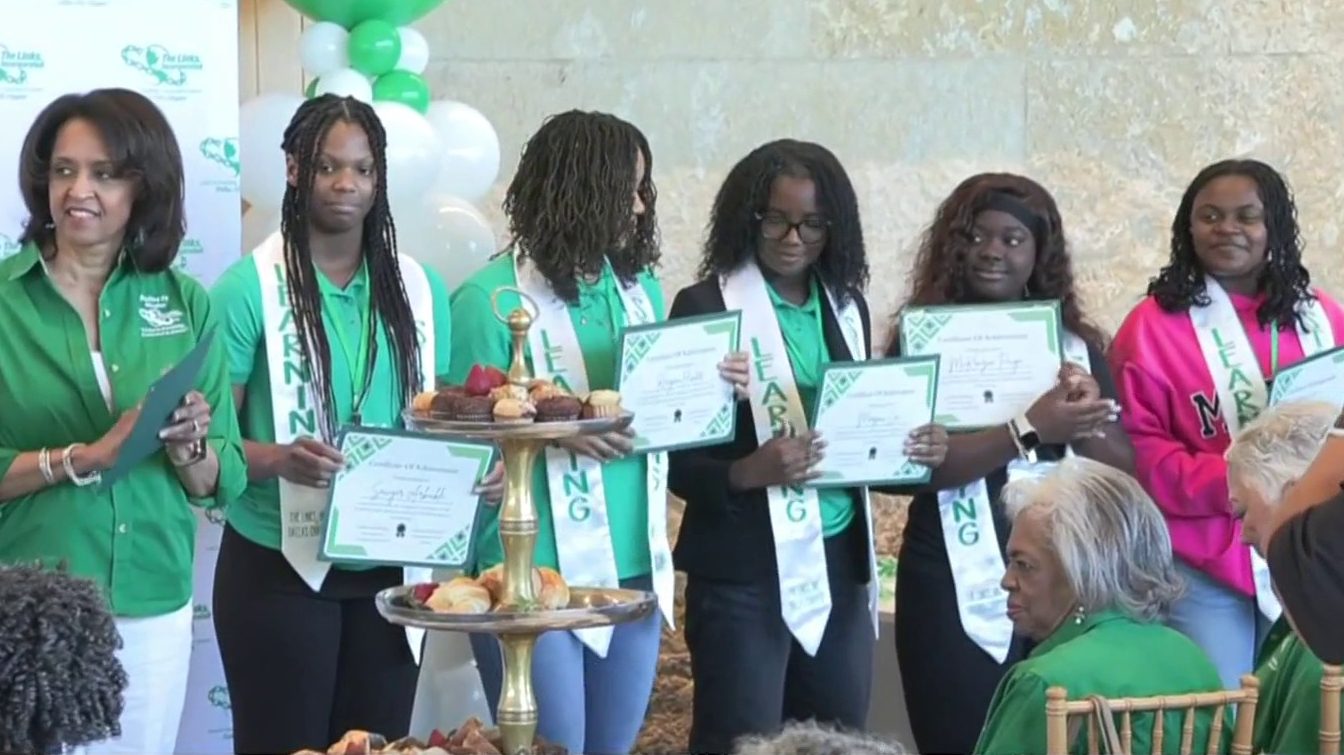Republican leaders are poised to win Senate passage this week of a bill requiring Texans to present a photo ID before being allowed to vote.
The legislation passed along partisan lines in a committee made up of all the senators and Lt. Gov. David Dewhurst on Tuesday, allowing for a full floor debate to begin Wednesday. The final vote is expected to come by Thursday. Republicans say the measure is needed to prevent fraud. Democrats say it's more about keeping voters -- their voters -- away from the polls.
Debate on the legislation could go into the wee hours Thursday. Republicans have made it a top priority, with Gov. Rick Perry declaring voter ID a legislative "emergency," a designation that puts it on the fast track in the 2011 session. The House has not taken up the issue yet, but both chambers have to pass it and Perry must sign it before it can become law.
After the committee vote Tuesday night, Dewhurst, the Republican leader of the chamber, applauded the "camaraderie" during a debate that otherwise revealed sharp partisan divisions. Democrats are proposing numerous amendments to soften some of the provisions of the bill, hoping to make it less onerous for voters.
"I expect that there will be a number of changes that the Republicans will accept," Dewhurst said. He said even in tight budgetary times the state would find enough funds to educate the public about the new law once it's passed as GOP leaders anticipate.
"We're listening," said Sen. Troy Fraser, R-Horseshoe Bay, the author of the bill. "We're going to make sure this is a good bill, that is fair and . . . does increase voter turnout."
Passage is all but a foregone conclusion in a chamber where Republicans hold a 19-12 majority. Democrats have said as much.
Local
The latest news from around North Texas.
"This is like a dance where we have another song, another round," said Sen. Leticia Van de Putte of San Antonio, leader of the Senate Democrats. "There is no doubt this bill will pass." Democrats say the legislation will negatively impact minorities, elderly voters and the disabled -- who may not have IDs deemed acceptable under the bill's provisions. They say there is little evidence of the fraud Republicans assert they are trying to stop -- accusing the GOP of engaging in a partisan effort to the party's margins at the ballot box.
Anita Privett of the non-partisan Texas League of Women Voters said the bill would erect needless hurdles for voters in a state where apathy is a larger problem that any electoral shenanigans.
"The real voting problem is not potential voter impersonation but low voter turnout," she said.
The bill is tougher than a 2009 version that was blocked by Democrats. It requires voters to present a valid former of state or federally issued photo identification. A driver's license, personal ID card, military ID or passport would be accepted. Fraser said he was likely to add concealed handgun license permits as another accepted form of ID for voters.
Unlike the measure two years ago, the new bill does not allow someone to present two other forms of non-photo ID to prove who they are. As currently drafted, the bill would not change the process for mail-in and absentee ballots. Voters who could not produce ID would be allowed to cast a provisional ballot and then have six days to return with a proper ID. Voters 70 and older would be exempt.
Texas would become the ninth state to require photo identification for voters, according to the National Conference of State Legislatures.



